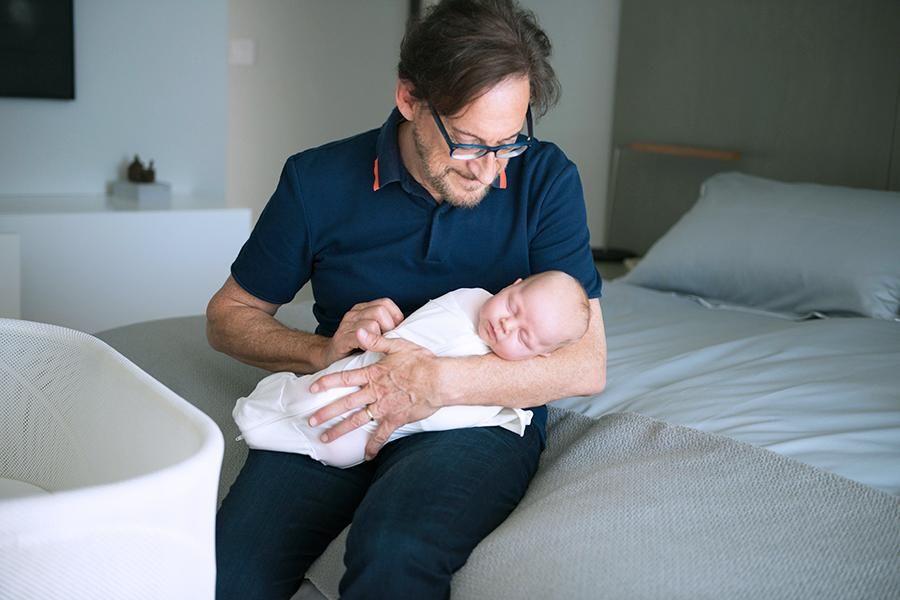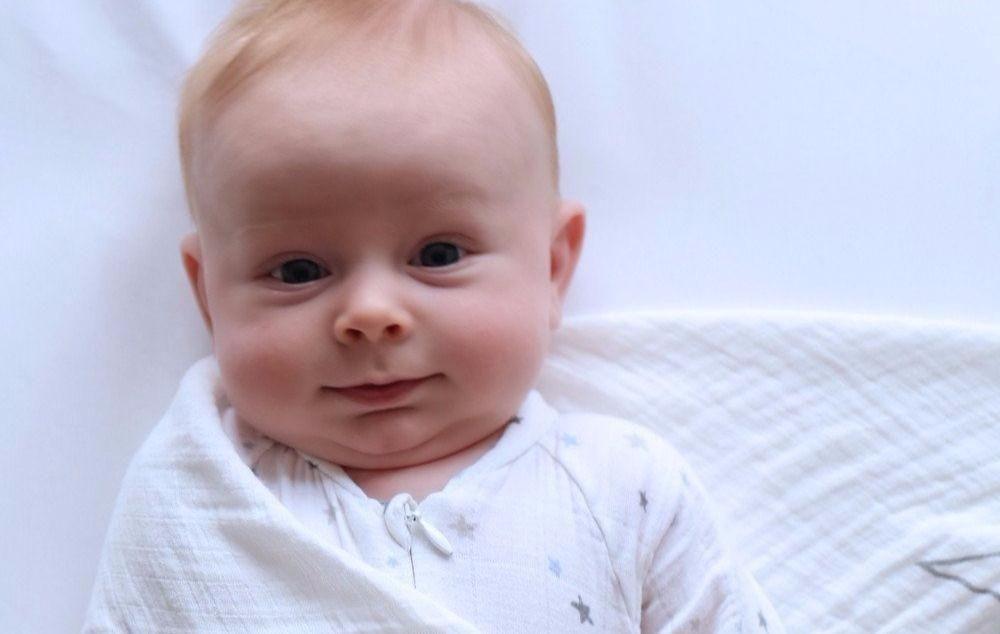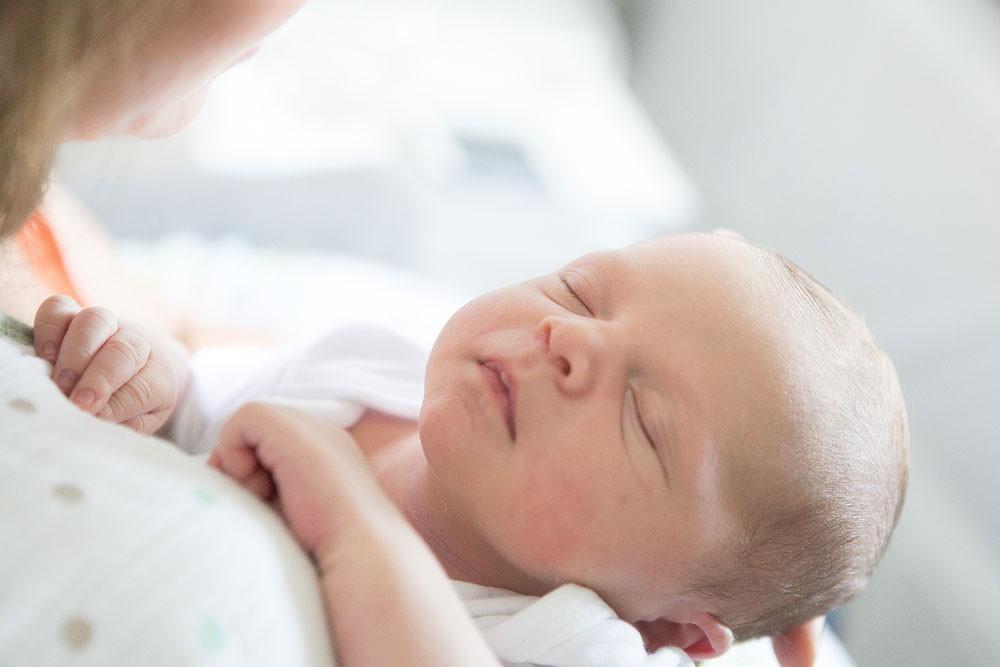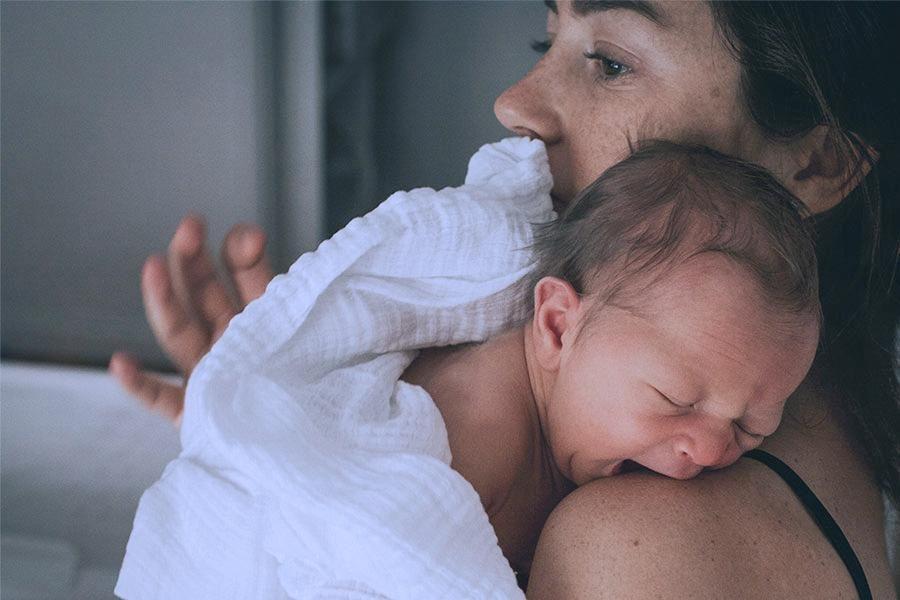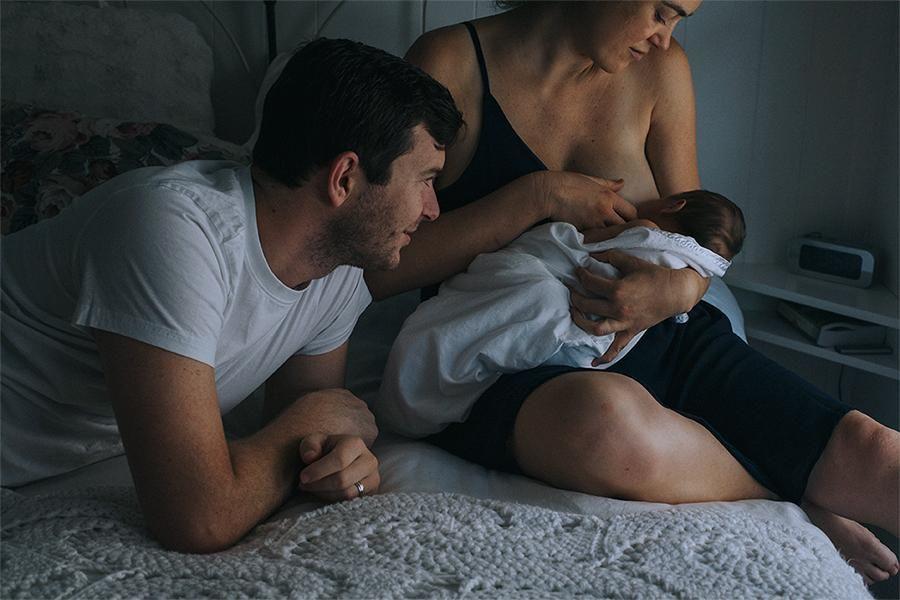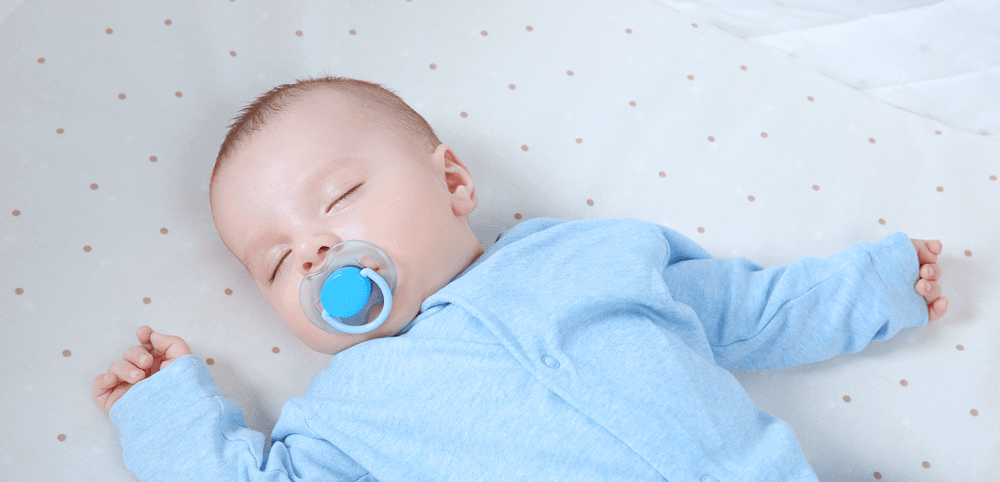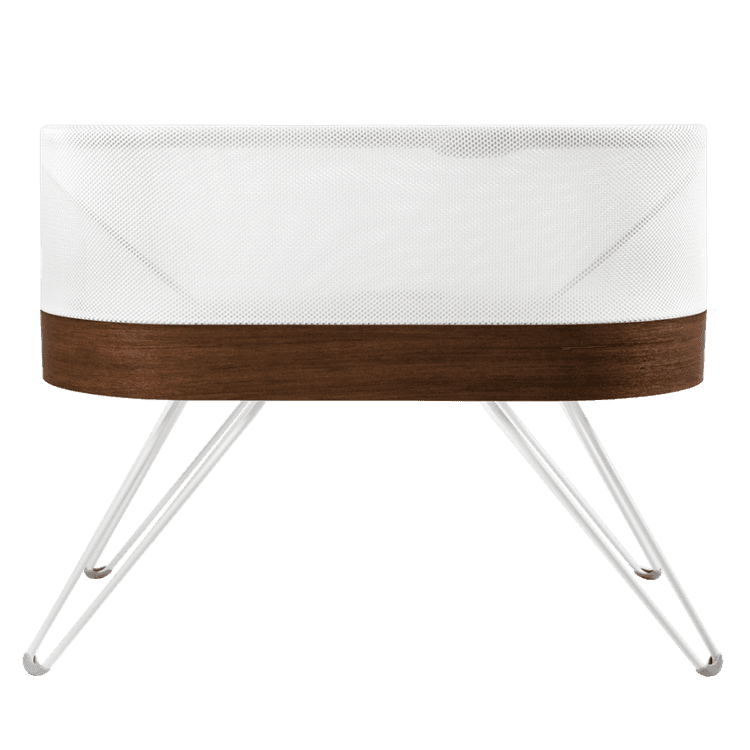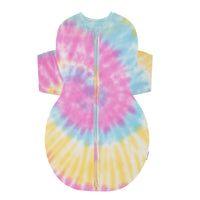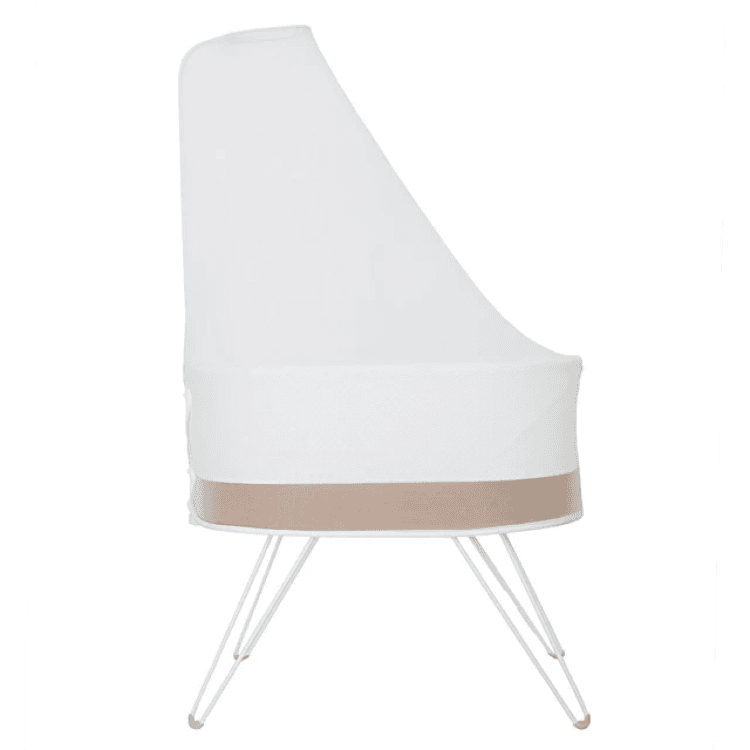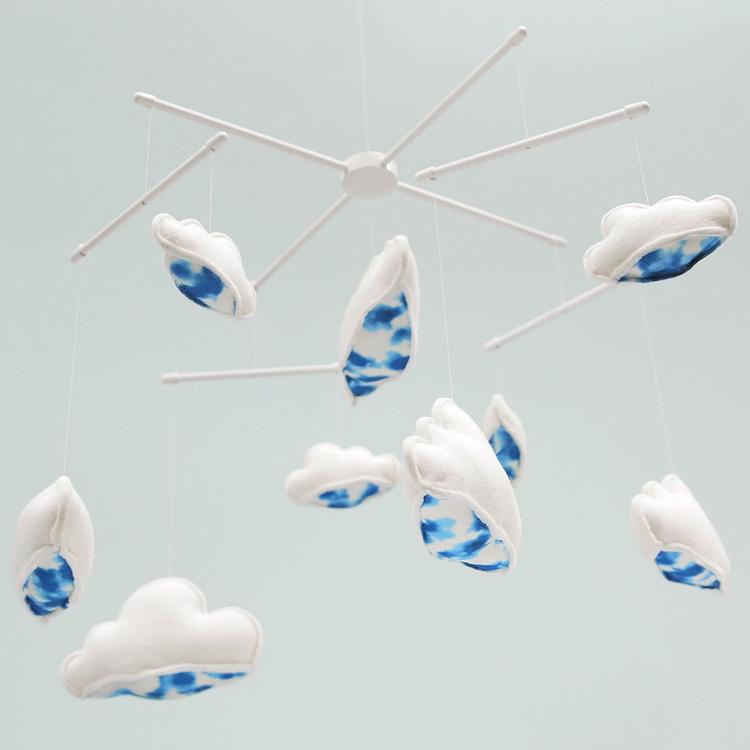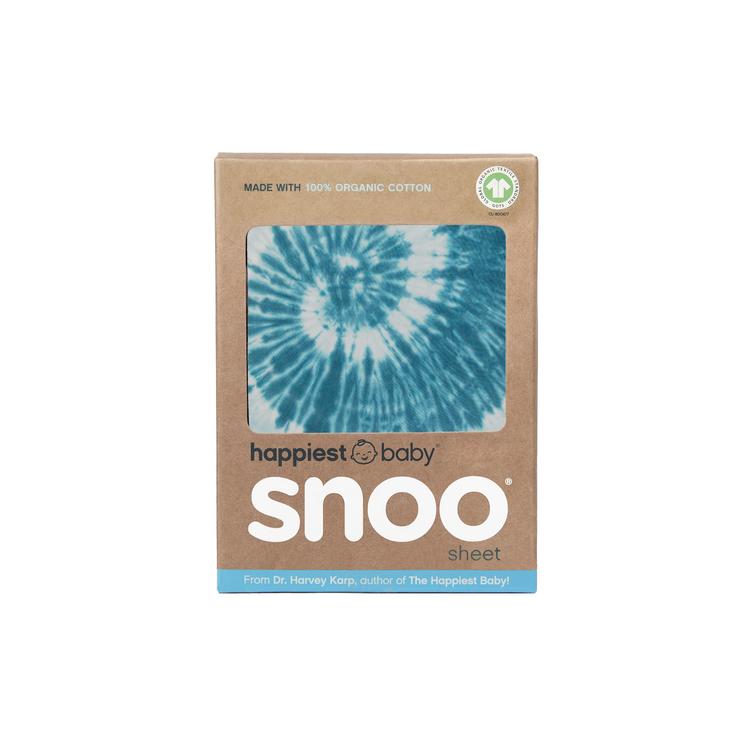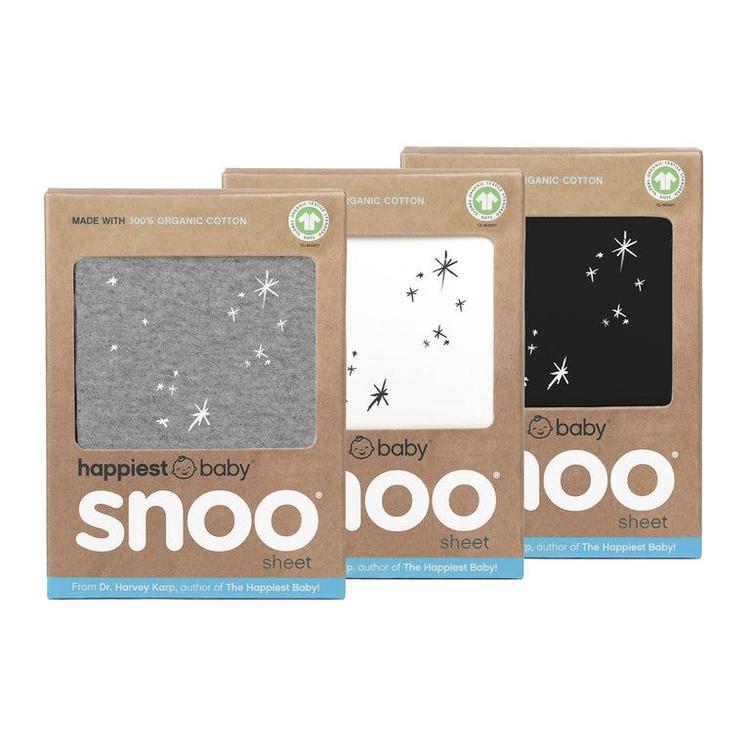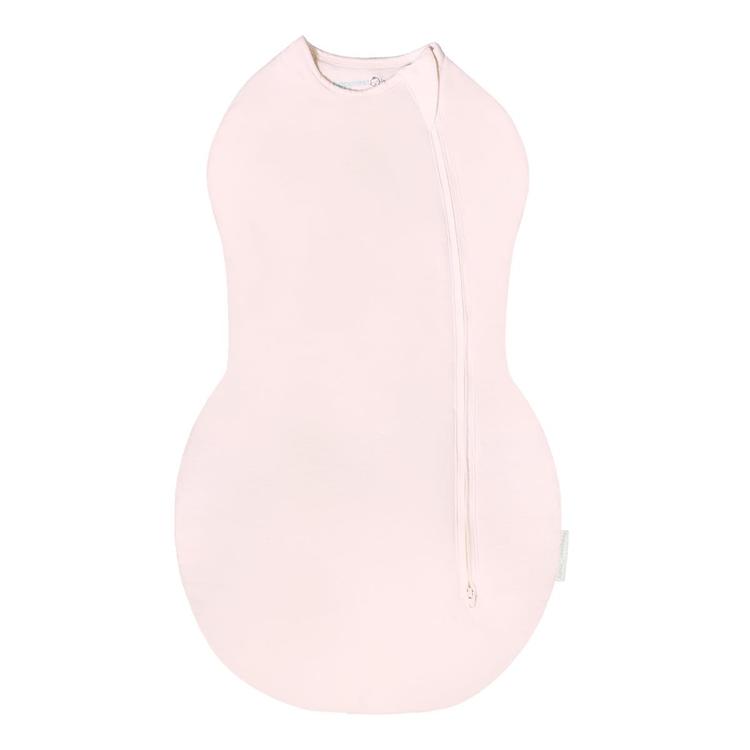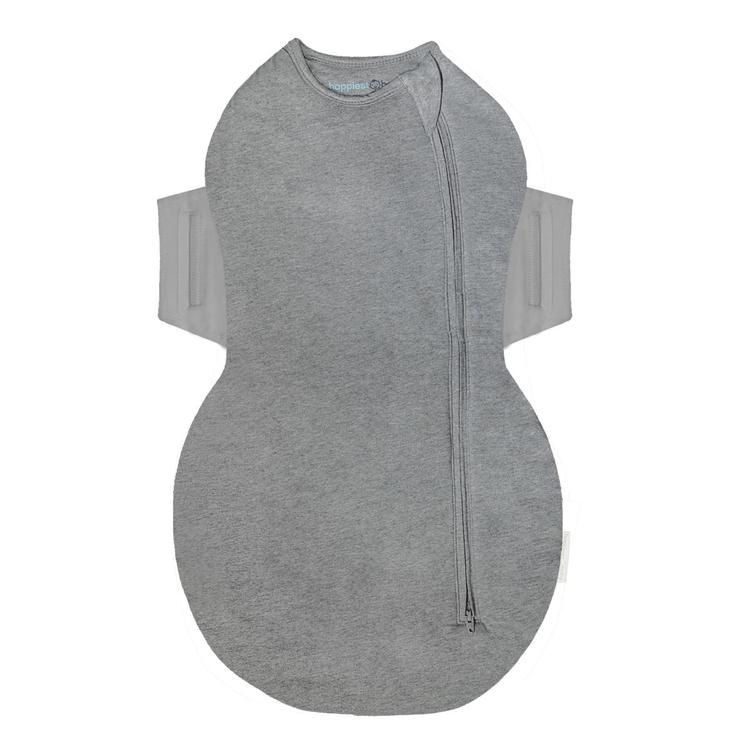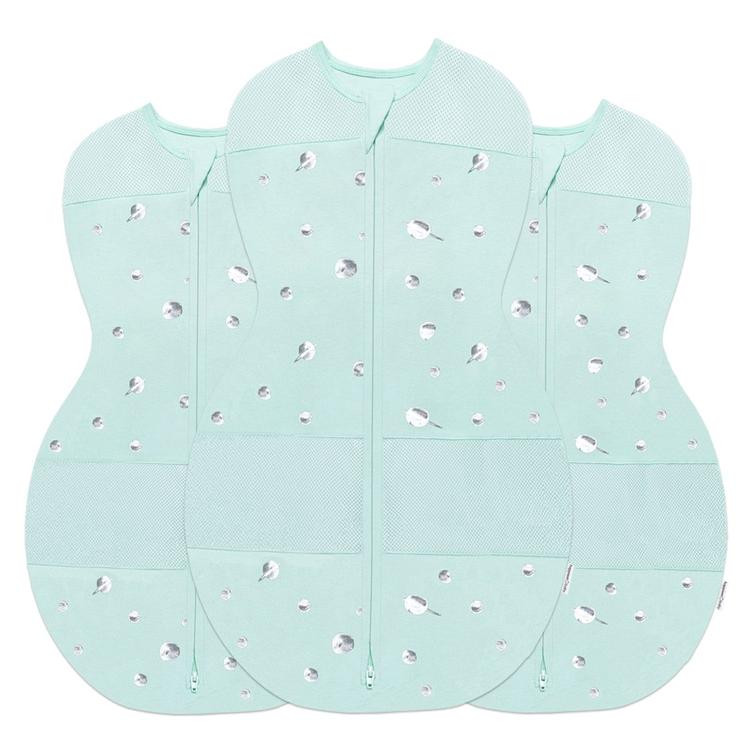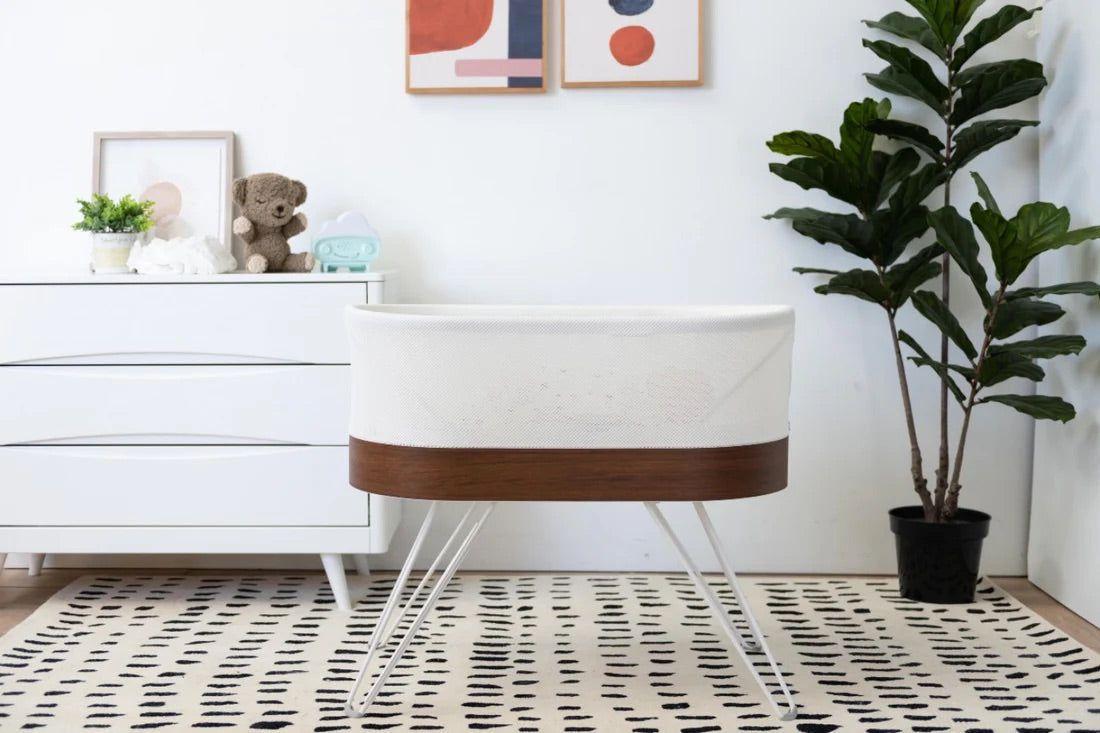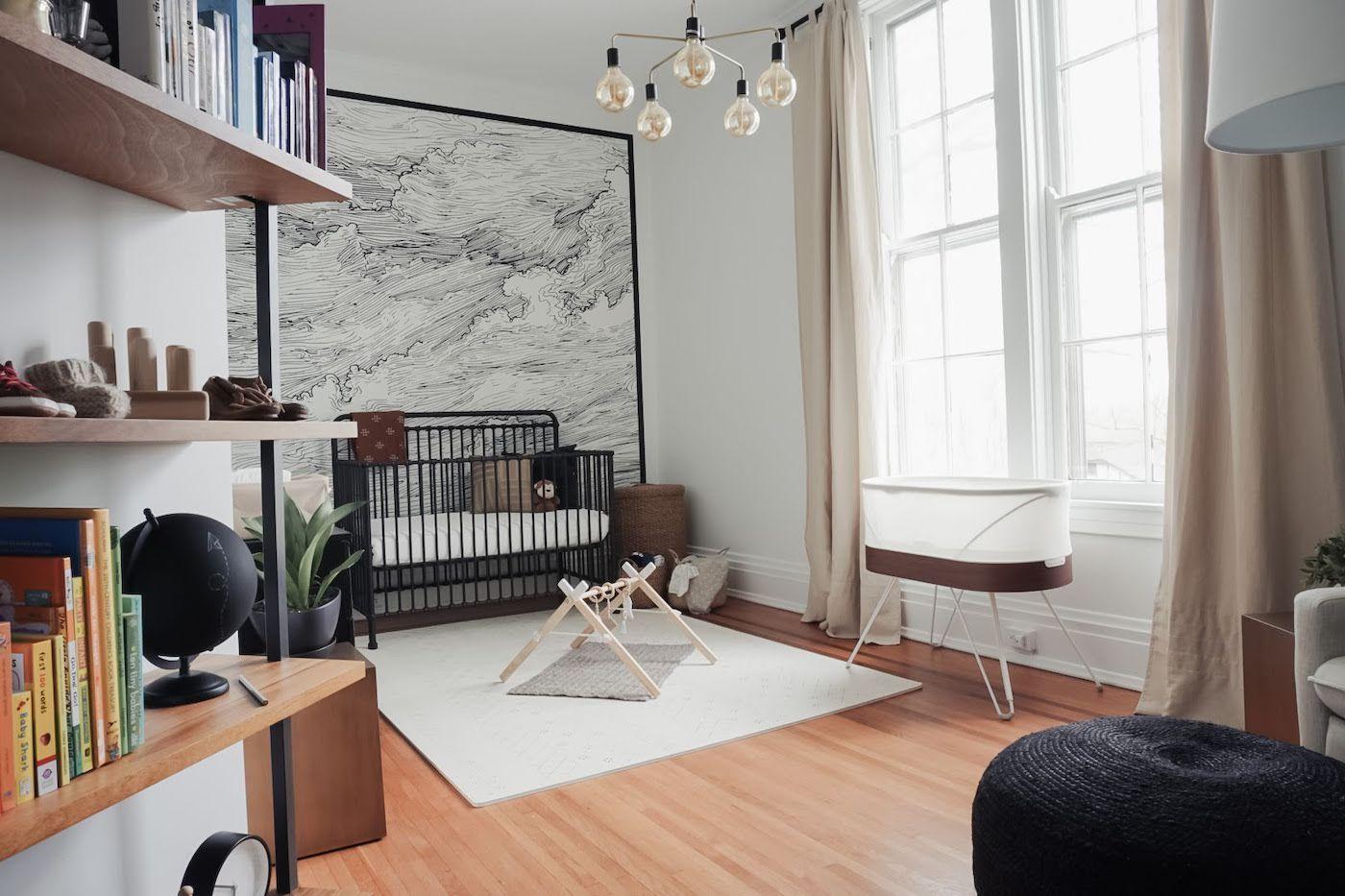NURSERY DESIGN
How to Fold and Store Baby Clothes
Bodysuits, bibs, bonnets and more! Here is how to fold and store all your baby’s clothes, saving space and time.
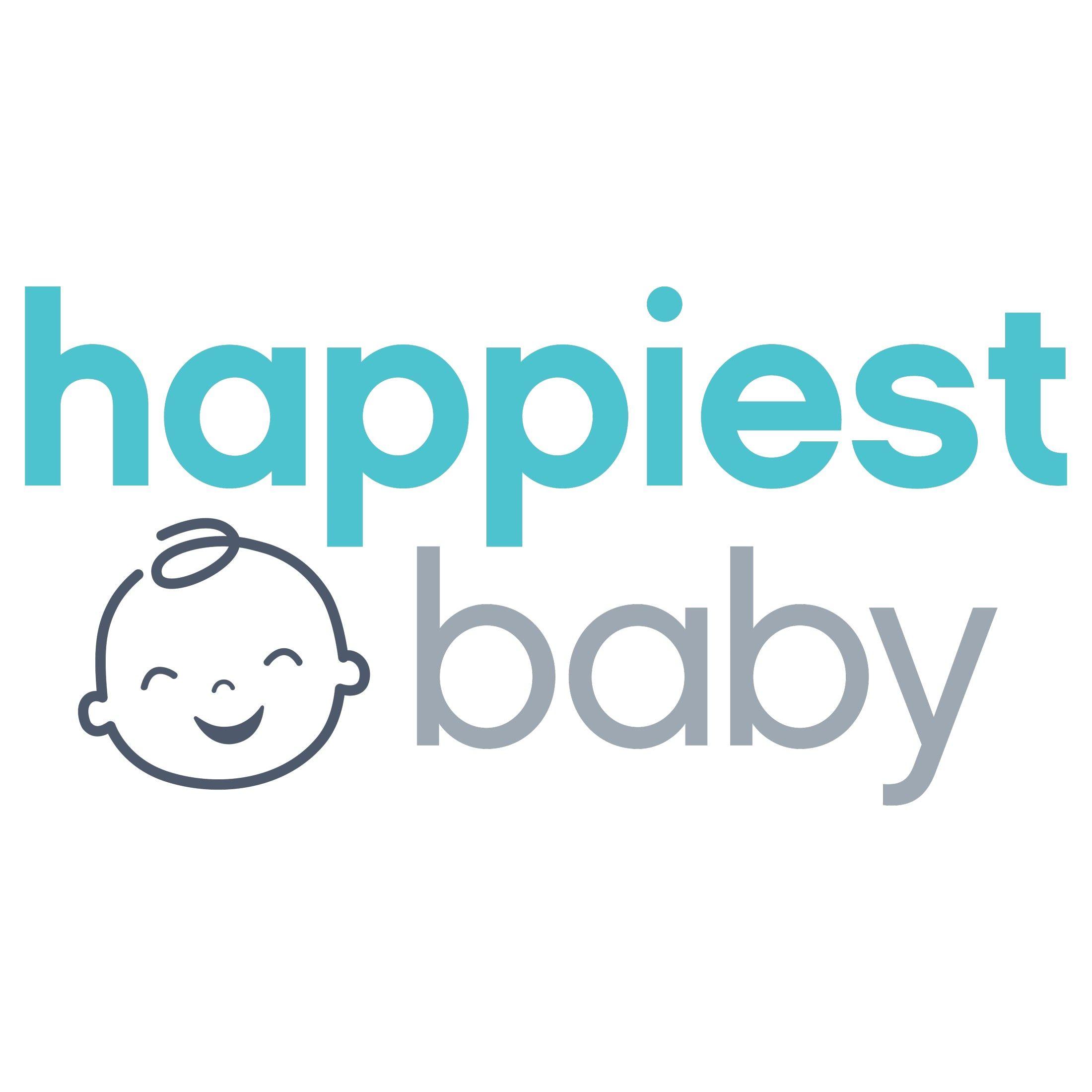
Written by
Happiest Baby Staff
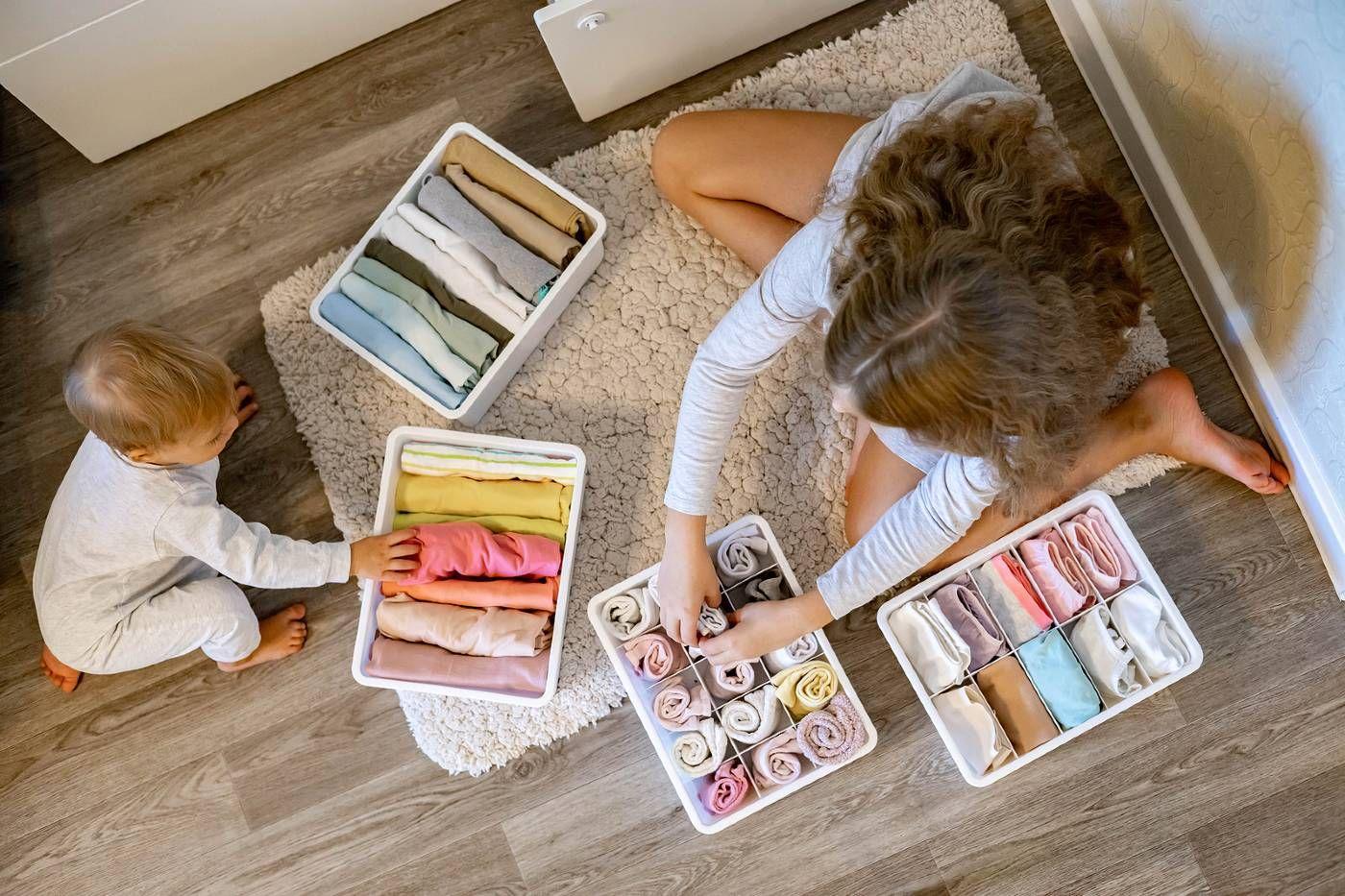
There is nothing cuter on this earth than tiny clothing…except, of course, for the little creatures who wear them! But when you are drowning in baby clothes and feeling overwhelmed, the cuteness factor can dip fast. But guess what? You do not have to be overwhelmed by your stacks and piles of right-now and in-the-future baby clothes. Instead, we will show you the quickest and easiest ways to fold and store all your baby’s clothes so they are ready and easy to find when you need them. And once you are done organising, you can get back to your regularly scheduled program of feeding, wiping…and tossing those clothes right back in the washing bin. Ah, the life of a parent!
How to Fold Baby Clothes
Baby clothes should be folded in a way that you can see everything in the drawer as soon as you open it. That means no more piles! Instead, the edge of the clothing should be facing up with nothing on top of any other item. This way, no piece of clothing gets forgotten in the drawer and you never overlook an outfit before it is outgrown!
The how-tos for folding each baby item varies slightly, but the overall gist is to make each piece of clothing as compact as possible while creating uniform shapes throughout the drawer or bin. Here is how:
Baby Socks
![[object Object]](/_next/image?url=https%3A%2F%2Fcdn.sanity.io%2Fimages%2F301lhh0a%2Fproduction%2Fe547b74cad26ba0bdacce32479515f331f28279a-350x350.jpg&w=750&q=75)
Each pair of socks should be laid on top of each other and rolled until they look like giant pieces of sushi. Then place them in a small drawer divider (or just a corner) with the twirl side up for easy access. If the socks are too thick and short to roll this way, simply pair them up and lay them flat on a pile with other socks.
Baby Bodysuits
![[object Object]](/_next/image?url=https%3A%2F%2Fcdn.sanity.io%2Fimages%2F301lhh0a%2Fproduction%2Fa65626650d642db32dcd1277c6a62d2c1b02c976-352x480.jpg&w=750&q=75)
Photo: mommyhooding.com
Lay your baby's bodysuit flat on a bed or table, front side up. But if there is a special character or graphic on the chest, consider folding front side down, so that the design shows in the drawer. Next, fold arms and sides inward, one after the other, to create one long rectangle. Then, starting with the crotch, fold upward 2 to 4 times so that you end up with a square. Place in a row, edge-side-up, starting at the back of the drawer. Place white bodysuits with white bodysuits, and colours or prints together.
Baby Pajamas
![[object Object]](/_next/image?url=https%3A%2F%2Fcdn.sanity.io%2Fimages%2F301lhh0a%2Fproduction%2F1da2eb0a93fa6d7899d8b832be0b0041fa3baccc-480x288.jpg&w=1080&q=75)
Place your pyjamas flat on a bed or table, front side up, folding the arms and sides inward to create one long rectangle. Then, starting with the feet, fold up to four times, so that you end up with a square. Again, place everything in a row, edge-side-up.
Baby Pants
![[object Object]](/_next/image?url=https%3A%2F%2Fcdn.sanity.io%2Fimages%2F301lhh0a%2Fproduction%2F1fa74fb04efa3fd457d3320a209db73d9a282468-350x350.jpg&w=750&q=75)
Photo: Instagram
With baby's pants flat on a bed or table, pull one leg over the other to create one long pant leg. Then, starting from the ankle, create two to three folds like you did with the pajamas. This will morph baby’s pants into a small rolled square. Store like the other items. If drawer space is a concern, however, you can create just one fold and layer the pants on top of each other inside a clear bin. This way, you can still see the pants even if they are not face-up in a drawer.
Baby Dresses and Rompers
If you can, hang these items. If you cannot, fold dresses and rompers in half twice and lay flat in a clear bin for easy access.
How to Store Baby Clothes
Creative storage ideas are a nursery necessity, especially if you have a smaller space. But when it comes to storing baby clothes, basic storage solutions work best. Your goal? Keep daily essentials accessible and have larger sizes available for fast and easy grabbing, since babies grow So Fast. Here is how to do that:
Baby closet dividers
![[object Object]](/_next/image?url=https%3A%2F%2Fcdn.sanity.io%2Fimages%2F301lhh0a%2Fproduction%2Fd633f3c5e9ae1977b25482476bf37651c4325853-350x350.jpg&w=750&q=75)
Photo and to purchase: Etsy
Baby closet dividers, a dedicated drawer for next-size-up clothes, or labeled clothing bins in Baby’s closet, are all effective strategies for storing baby clothes that your little one will soon grow into.
Outgrown bin
![[object Object]](/_next/image?url=https%3A%2F%2Fcdn.sanity.io%2Fimages%2F301lhh0a%2Fproduction%2F3fc982f130494b8b571693cbea0549f9e40fdc68-480x288.jpg&w=1080&q=75)
Photo: The Organized Mom Life
If you are tight on space or done having kids, keep a box in Baby’s closest to toss outgrown items to donate or sell. Not finished having babies? Still do this! Just call the bin your sort-later box...and when you have the time, weed through the clothes, label, and store.
Clear bins
Whether you are storing baby clothes for later or organising in-use baby pants, rompers, or dresses, bins should always be clear. The only exception is when you are storing items like socks, bibs, or towels where the style and colour are less important.
Bonnet stands
![[object Object]](/_next/image?url=https%3A%2F%2Fcdn.sanity.io%2Fimages%2F301lhh0a%2Fproduction%2Fb165c74bf047c0ff24e908f07fb7ebec0fc26dbc-480x352.jpg&w=1080&q=75)
Hats and bonnets can be stored flat in a drawer or bin or displayed on stands. If you cannot find a bonnet stand you like in your budget, you can DIY it with a candlestick and round glass vase hot-glued together, as shown.
Once you get the hang of it, folding and storing baby clothes is pretty simple. And before you know it, those chubby little hands will be able to help you get through all of the folding and storing!
Disclaimer: The information on our site is NOT medical advice for any specific person or condition. It is only meant as general information. If you have any medical questions and concerns about your child or yourself, please contact your health provider. Breastmilk is the best source of nutrition for babies. It is important that, in preparation for and during breastfeeding, mothers eat a healthy, balanced diet. Combined breast- and bottle-feeding in the first weeks of life may reduce the supply of a mother's breastmilk and reversing the decision not to breastfeed is difficult. If you do decide to use infant formula, you should follow instructions carefully.
SHARE THIS ARTICLE
PARENT PICKS
Bestsellers
